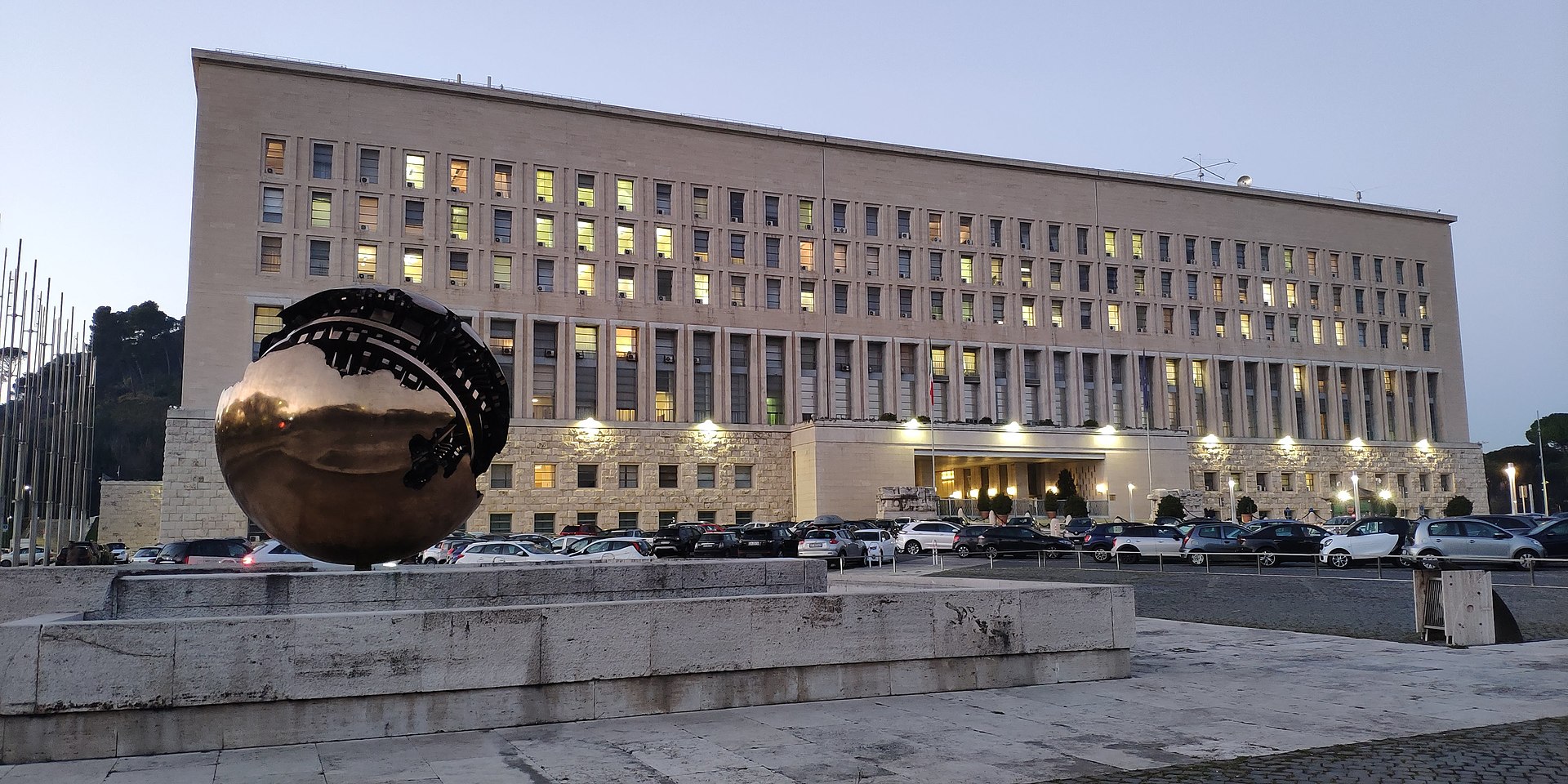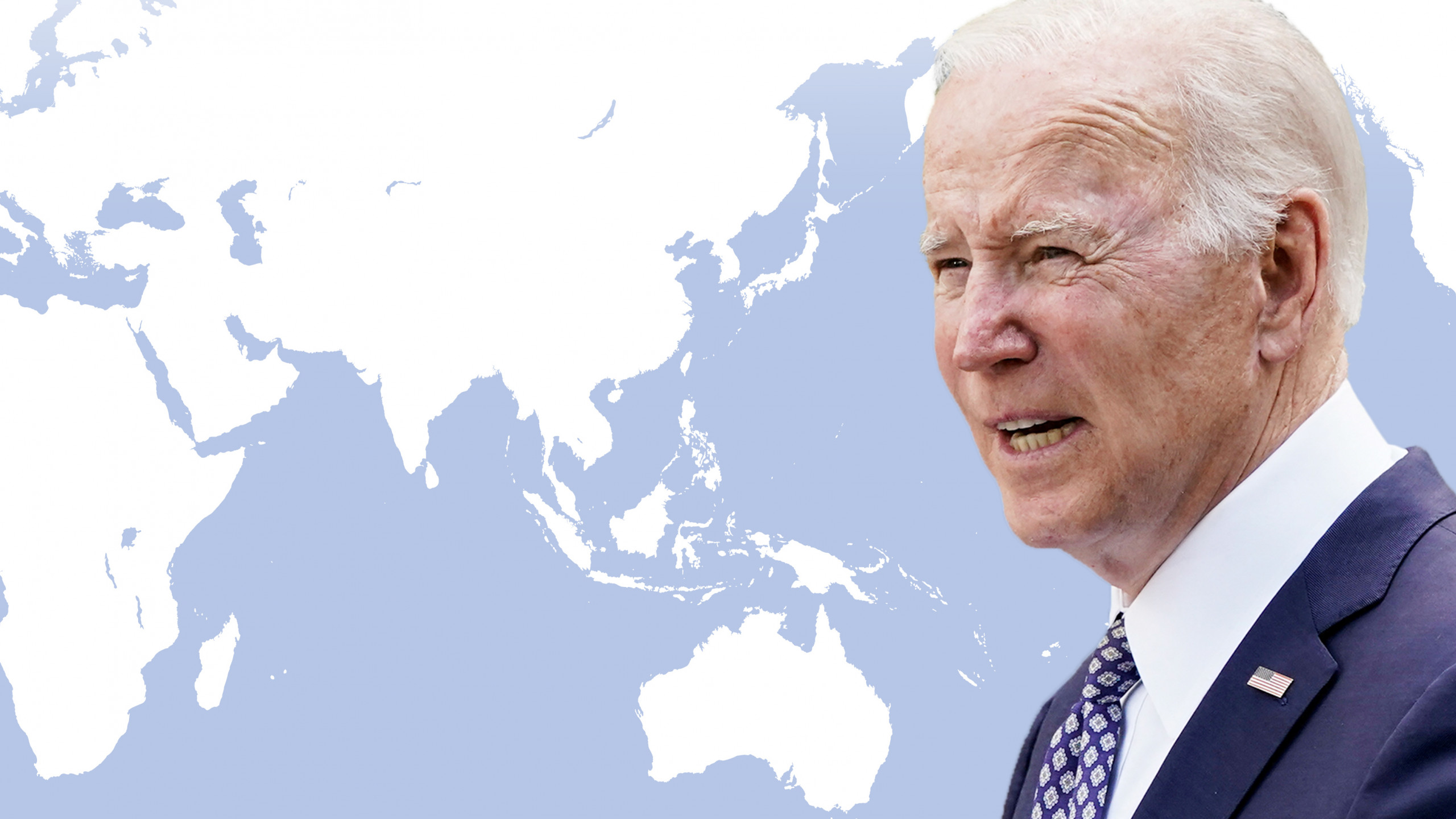Marco Clemente (Manila), Massimo Rustico (Kuala Lumpur) and Mario Vattani (Singapore) are the new Italian ambassadors in the ASEAN area. That's who they are
Ambassadors have changed in three Italian offices in ASEAN countries. Massimo Rustico was chosen for the Kuala Lumpur office, Marco Clemente for the Manila office and Mario Vattani for Singapore. Here is a short biography of them.
Ambassador Massimo Rustico, born in 1958, entered diplomacy in 1987 after graduating in economics and commerce from La Sapienza in Rome. He began his career in 1989 as the second commercial secretary in Kuwait, before moving to the Permanent Representation of Italy to the UN in New York in 1991. In 1994 he was appointed Consul in Tehran and after the Consulate was abolished, he was assigned to the Embassy as First Secretary. Then he moved to the Consulate General in Houston, where he became Consul General in 2002. Since January 2006 he has been Consul General in Istanbul. Promoted to Minister Plenipotentiary in 2009, in March 2010 he was appointed Coordinator for the internationalisation of Italian companies operating in the construction and large-scale works sector. In the same year, he was temporarily assigned to the National Association of Building Constructors (A.N.C.E.). He then moved to work directly for the Director-General for the Promotion of the Country System, maintaining the same position at the A.N.C.E. until 2015. Finally, he became Ambassador Extraordinary and Plenipotentiary of Italy to Hungary on 14th November 2016. Now he will land in Malaysia: once again - as in Kuwait, Iran and Turkey - he will carry out his duties in a predominantly Muslim country.
Ambassador Marco Clemente, born in 1959, graduated from LUISS in Rome and entered diplomacy in 1985. Initially assigned to the Directorate-General for Emigration, then he was posted to Canberra as the first Secretary of Legation. In September 1990 he was appointed Consul in Caracas. He became Legation Counsellor in 1995 and worked in the Directorate-General for Political Affairs until 1998. Later, in 1999, he was appointed Regent at the Consulate General in Johannesburg and the following year, in 2000, he was confirmed as Consul General. Promoted to Embassy Counsellor in 2002, he was appointed Chargé d'Affaires with Letters to Yerevan (Armenia) in June 2003 and subsequently confirmed in 2006 as Ambassador to Armenia in 2006. Returning to Italy in 2007, he was assigned to the Directorate-General for European Countries until 2008, when he was promoted to Minister Plenipotentiary. Released from his post in 2008 to serve at the Ministry of Defence as Diplomatic Advisor, he was appointed Ambassador to Tallinn on 1st December 2012. Now the new assignment in Manila, a country with which Italy (where the Filipinos are the fourth most numerous community of migrants) has deep relations.
Mario Vattani, born in 1966, entered diplomacy in 1991. His first assignment was in Washington D.C. From 1999 to 2001 he was the Italian Consul in Cairo, while from 2001 to 2003 he was Diplomatic Counsellor at the Ministry of Agriculture and Forestry Policies. In 2004 he was at the Diplomatic Institute, seconded to Tokyo for a study programme and in 2005 he was promoted to Embassy Advisor and confirmed in Tokyo as First Commercial Advisor. In 2008 he served in the Municipality of Rome as Diplomatic Advisor to the Mayor. In May 2011 he was appointed Minister Plenipotentiary and took up his post as Consul General in Osaka. Since 2014 he has been serving at the Farnesina for coordination in the Asia-Pacific sector. In continuity with his commitment in the region, therefore, the appointment in Singapore.
In a period of economic and political rapprochement with ASEAN, the change of guard in the Italian representations does not go unnoticed. It is still too early to foresee the implications of the changes in the diplomatic corps, but it is undoubtedly expected that there will be an even greater commitment on the part of Italy in Southeast Asia. The new Ambassadors have the unavoidable challenge of implementing the partnership by helping Italian exports to this increasingly crucial region and promoting stability in all crisis areas.






